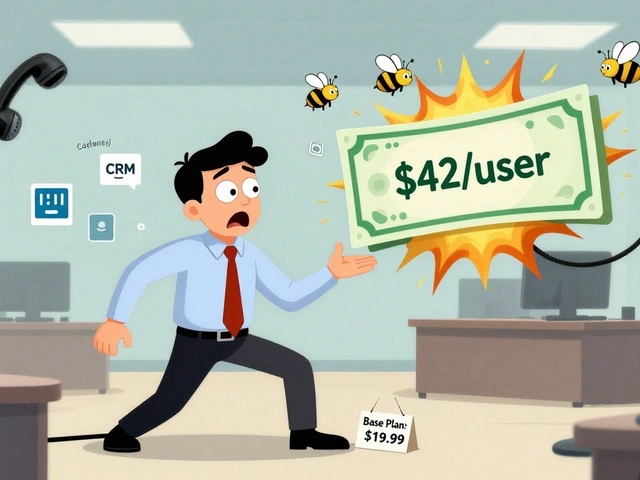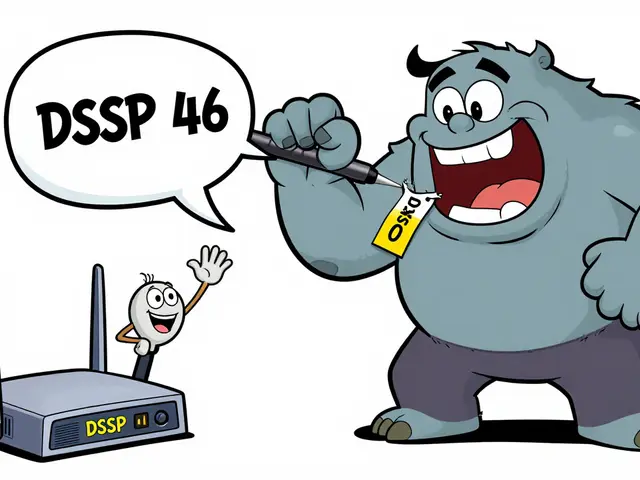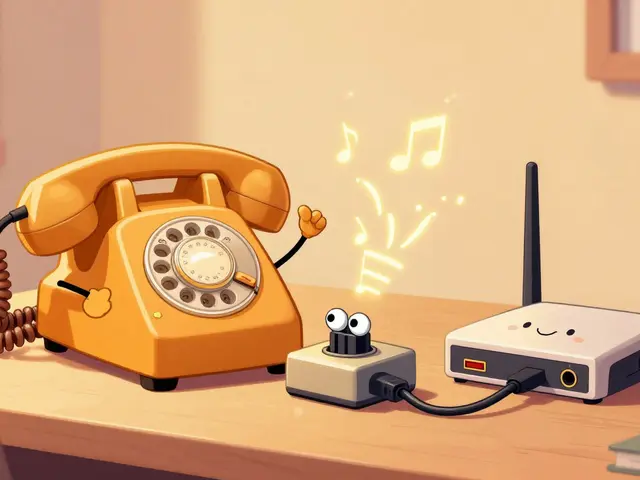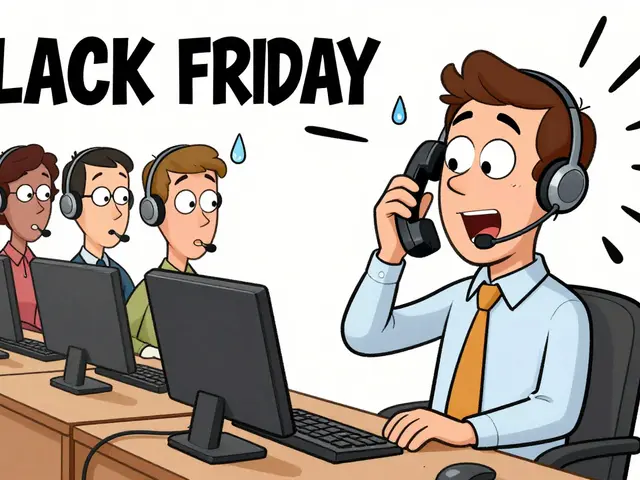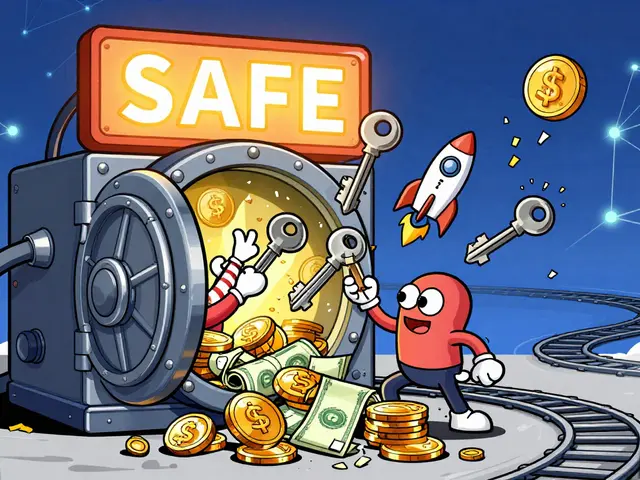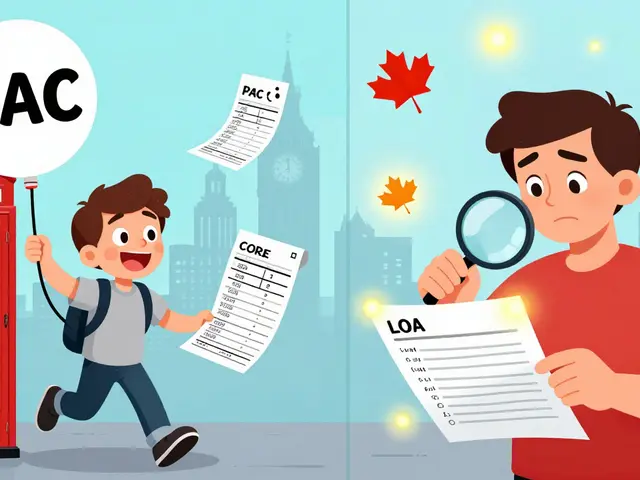HIPAA Compliance for VoIP: What You Need to Know to Stay Legal
When your VoIP system handles protected health information—like patient names, diagnoses, or appointment details—it falls under HIPAA compliance, a set of U.S. federal rules that protect sensitive patient data. Also known as Health Insurance Portability and Accountability Act, it doesn’t just apply to paper files or hospital systems. If you’re using VoIP for telehealth, customer service, or internal communication in healthcare, you’re on the hook.
VoIP systems can be HIPAA-compliant—but only if you control how calls are routed, recorded, stored, and accessed. Many providers claim they’re "HIPAA-friendly," but that’s not enough. You need a signed Business Associate Agreement (BAA), end-to-end encryption for calls and voicemails, and strict access controls. Call recording? That’s a big one. If you record patient conversations, you must store those files securely, limit who can play them back, and delete them after the legally required time. A 2023 HHS audit found that 68% of healthcare-related data breaches came from unsecured VoIP systems, not hacked servers or phishing emails.
It’s not just about the software. Your team matters too. If someone uses a personal smartphone with a non-compliant app to take a patient call, that’s a violation—even if your main system is locked down. Training staff on what counts as protected health information, how to spot social engineering scams targeting VoIP lines, and when to hang up is just as important as encryption. Tools like secure SIP trunks, encrypted softphones, and audit-ready call logs are part of the solution. But without clear policies and regular checks, even the best tech fails.
You’ll find posts here that dig into the technical side: how call recording compliance works under state and federal law, why certain VoIP protocols like SIP need special configuration to meet HIPAA standards, and how to avoid common mistakes like leaving voicemails on unsecured servers. You’ll also see how businesses use shared line appearance and mobile VoIP safely, without breaking privacy rules. These aren’t theory pieces—they’re real fixes from companies that got fined and fixed it.
Learn how pharmacies can use VoIP for prescription calls while staying HIPAA compliant. Avoid fines, protect patient data, and streamline refill requests with the right system.

